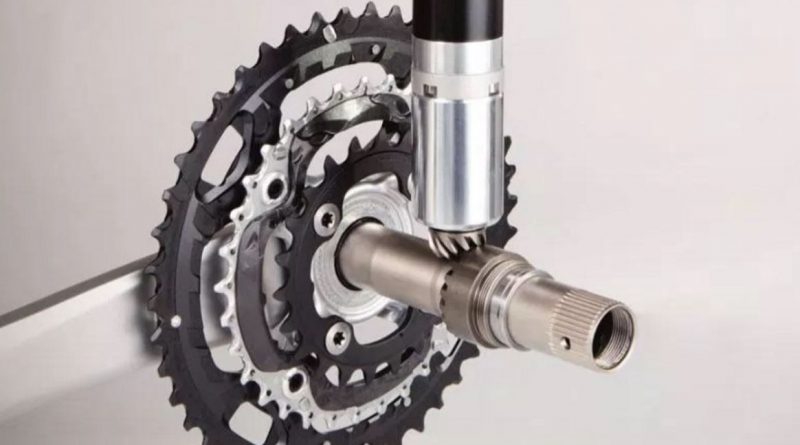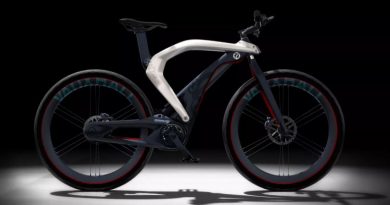Mechanical doping absent from Tour de France, says UCI
The UCI has revealed that extensive tests throughout the Tour de France, carried out before, during or after racing have turned up no instances of ‘mechanical doping’.
In total, some 3,773 tests took place, each performed using magnetic resistance technology, a new scanning method deployed in January. It was using this method that the first instance was detected at the 2016 UCI Cyclo-cross World Championships, tucked within Femke Van der Driessche’s bike.
UCI President Brian Cookson said: “I want to thank the UCI staff for its hard work and dedication in testing so many bikes over the past three weeks. This demonstrates our absolute commitment to leave no stone unturned in a matter that if not tackled properly, could seriously damage the renewed reputation of cycling. I would also like to thank the riders, the teams, the organiser of this year’s Tour, as well as the French police – in particular the Office Central de la Lutte contre les Atteintes à l’Environnement et à la Santé Publique (OCLAESP) – for their co-operation and support. We will continue to test bikes heavily throughout the rest of the season, and do everything in our power to make sure this form of cheating stays out of our sport”.
Further to the aforementioned testing, the UCI has also used thermal imaging and x-rays to detect assist technology.
Outside of competition, those requiring a little extra help in the hills can turn to discreet systems such as the lightweight 1.8kg Vivax motor pictured here.



